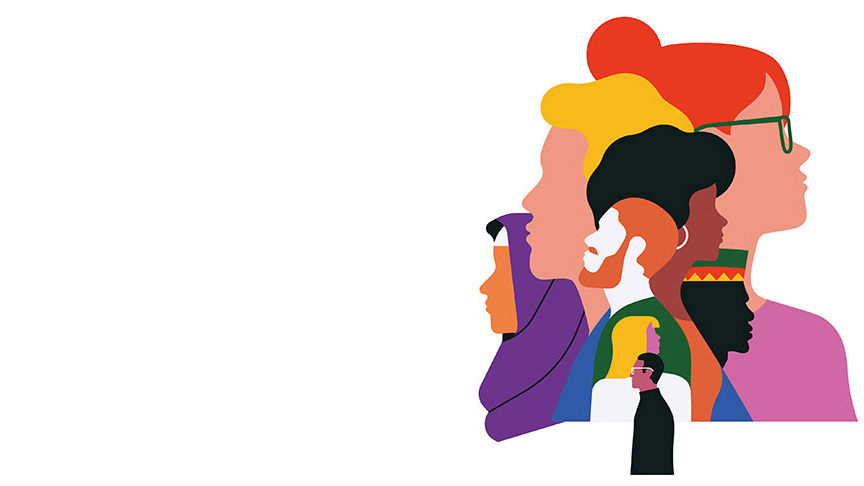The magic of film | Getting started
The wonderful world of cinema

A hippopotamus as the protagonist in a modern-day fable about migration, identity and belonging – this almost mystical story addresses some of the big questions of our time and reveals why people remain fascinated by cinema to this day. Nelson Carlos de los Santos Arias, a DAAD Artists-in-Berlin Program fellow, was awarded a Silver Bear at the 2024 Berlinale for his film. He is one of many former DAAD scholarship holders from the world of film who have made a name for themselves with their experimental and innovative work. From queer cinema studies and film archives to cinema as social critique – dive into the fascinating diversity of the film landscapes, genres and research topics of DAAD alumnae and alumni. Enjoy! —
The magic of film | Interview
A silver bear for a talking hippopotamus
The protagonist in the film “Pepe” by Dominican director Nelson Carlos de los Santos Arias is a hippopotamus with a fascinating history. The filmmaker and DAAD Artists-in-Berlin Program fellow talks about identity, inspiration and being different.

The magic of film | Close to their heart
Witty, intelligent and unconventional

We asked contributors to this issue for their favourite films – and we also give a few cinema tips ourselves. READ MORE
The magic of film | Overview
Aaand Action! Supporting filmmakers worldwide
How the DAAD runs scholarship programmes and the Artists-in-Berlin Program to help aspiring and established filmmakers gain international experience.

The magic of film | Engaging in exchange
“Many stories from Nigeria have not been told yet”

The University of Jos, in cooperation with Goethe University Frankfurt, has been running the first master’s degree in Film Culture and Archival Studies in Africa since 2019. The German-Nigerian cooperative programme brings together filmmakers from all over the world. READ MORE
The magic of film | In brief
Transatlantic film partnership: studying in Hamburg and Hollywood
How a German-American exchange programme enables young filmmakers to gain new experiences.

The magic of film | Food for thought
The future of film
The seven lives of the seventh art: film and cinema between a postpandemic present and a digital future. An essay by film scholar Vinzenz Hediger.

The magic of film | In action
The shadows of the past
DAAD alumna Megumi Hayakawa studies the aesthetics of old animated films.

The magic of film | In action
Contemporary cinema: queer film culture
British researchers Leila Mukhida and Hongwei Bao study queer film culture in Germany and China.

The magic of film | In action
“Film can be a form of activism”

Mehmood Ali Khan conducts research into Iranian and Pakistani cinema on a DAAD scholarship. As a filmmaker, he documents the Wakhi ethnic minority of which he is a member. In this interview he explains why that work is currently so important and what he hopes to achieve. READ MORE
The magic of film | Keeping in touch
“Polish cinema is in a state of flux”
Radical and at times international: a delve into Poland’s current film landscape.






